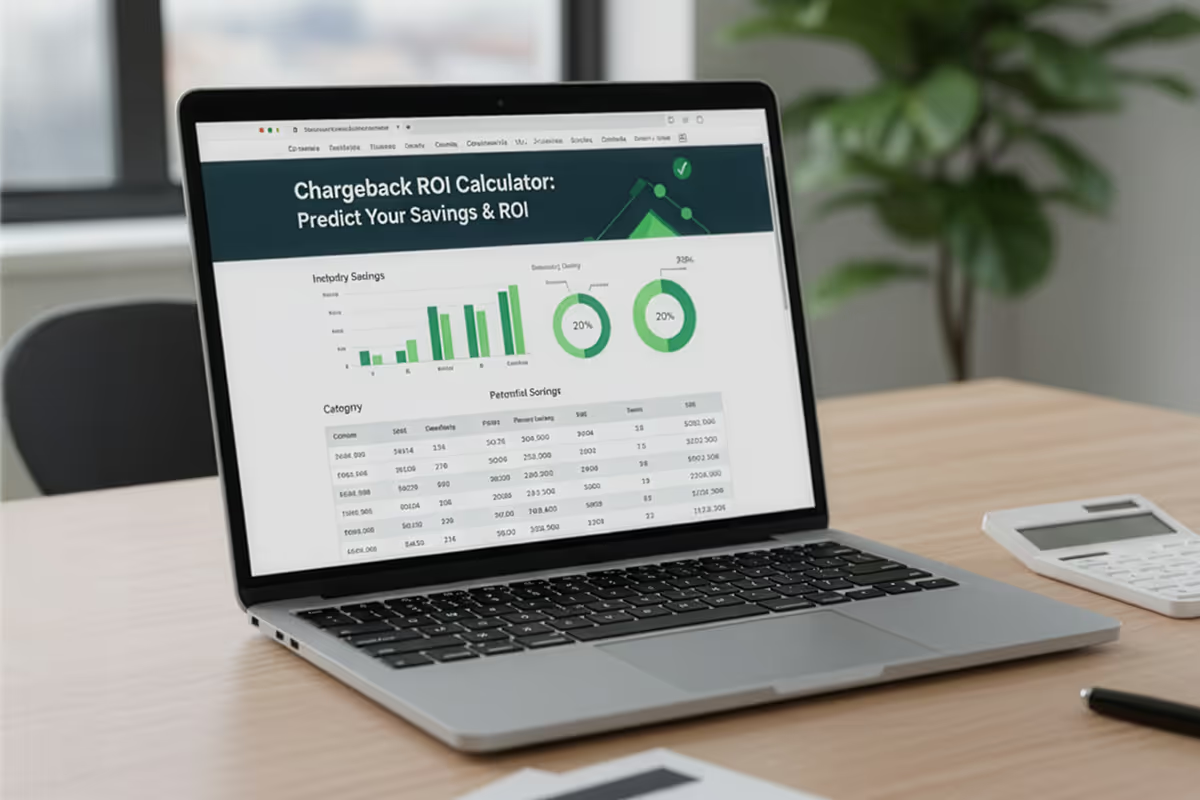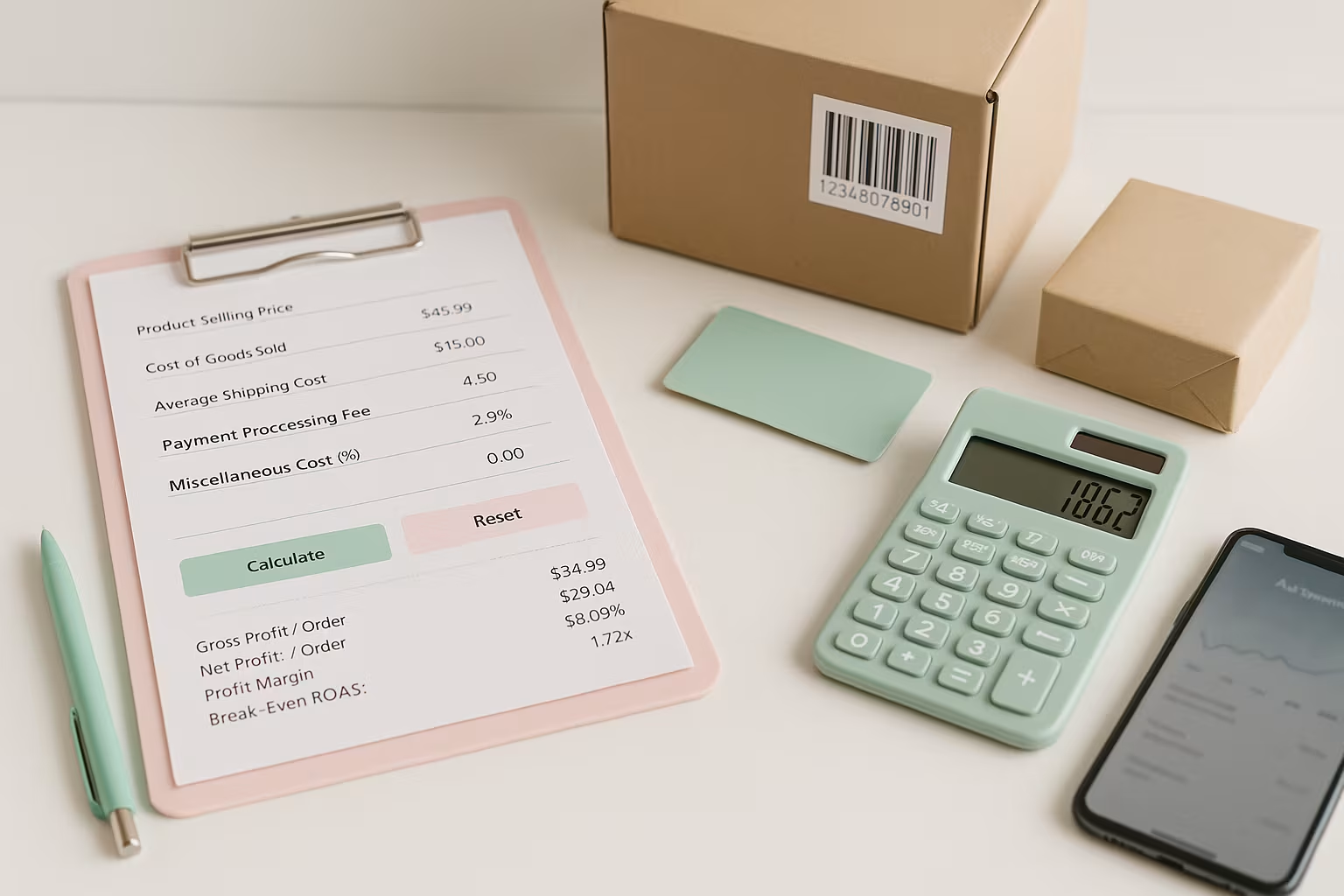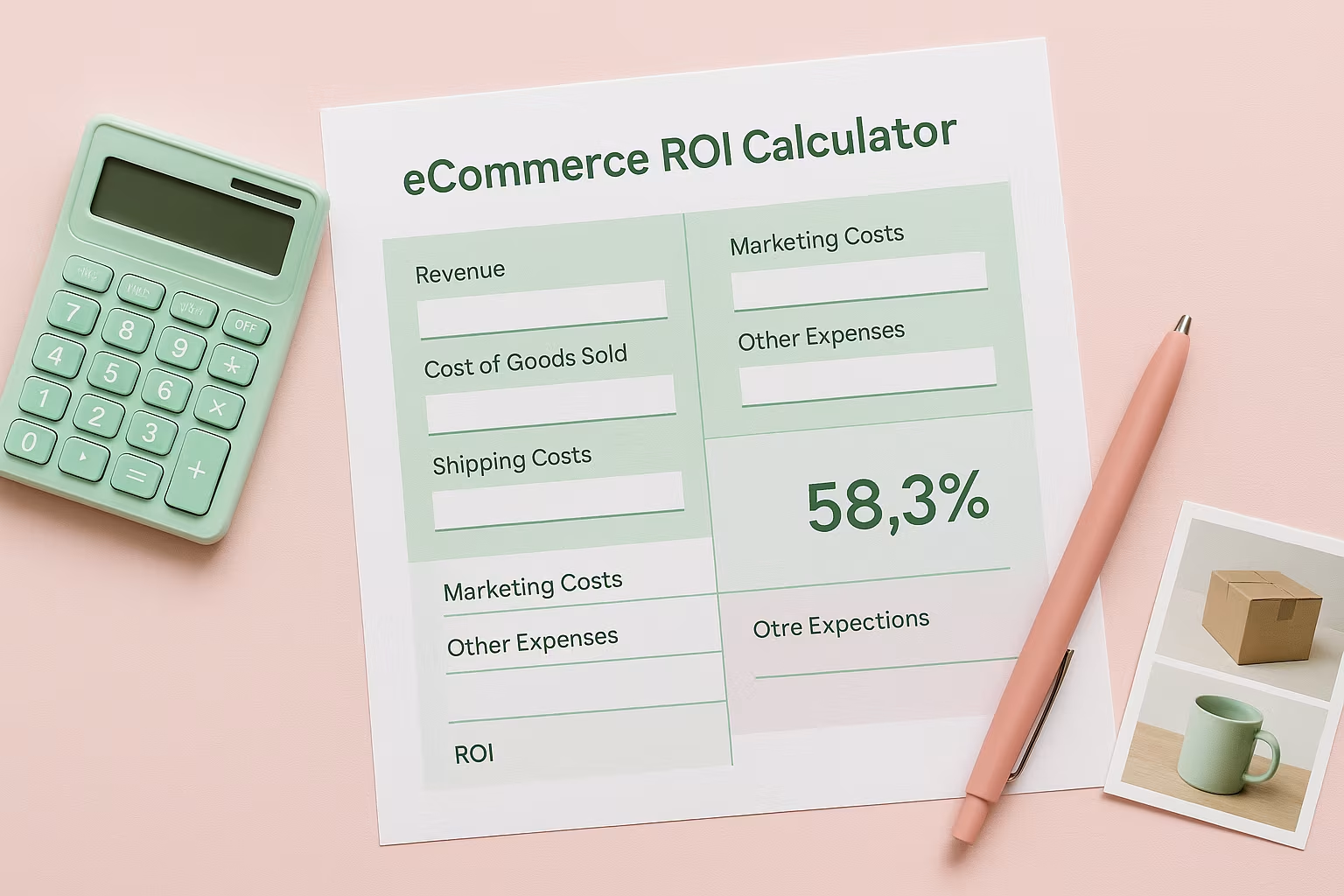%20(1).avif)
Important Note: This article explores industry-wide coffee certifications. Supliful offers select certified private label products, but not all certifications listed here are available through our platform. Please refer to our product catalog or contact our team to confirm current certifications.
Did you know? Over 64% of American adults drink coffee daily, but a growing majority now demand more than just a caffeine fix—they want ethically sourced, environmentally responsible, and health-conscious brews in their mugs.
In today’s competitive coffee landscape, certifications aren’t just nice-to-haves; they’re non-negotiable trust signals that can make or break your brand.
Whether you're launching a scrappy startup or scaling your ecommerce empire, understanding which coffee certifications matter—and which are just expensive stickers—is essential.
From USDA Organic to Fair Trade and beyond, this guide breaks down the certifications that add real value, win over conscious consumers, and keep your business compliant.
Essential Coffee Certifications You Need to Know
Coffee certifications serve multiple purposes—they validate quality, verify ethical sourcing practices, demonstrate environmental responsibility, and ensure food safety compliance. While not all certifications are legally required, many have become industry standards that consumers actively seek when making purchasing decisions.
1. Organic Certification
Organic certification is among the most recognized and valued credentials in the coffee industry. To obtain USDA Organic certification, coffee must be grown without synthetic pesticides, herbicides, or fertilizers for at least three years before harvest.
Requirements for USDA Organic Certification:
- Documentation of land use for the past three years
- Implementation of an organic handling system plan
- Separation from non-organic products during processing
- No use of prohibited substances
- Annual on-site inspections
The certification process typically costs between $700-$1,500 initially, with annual renewal fees ranging from $400-$700. While this represents a significant investment, organic certification often commands price premiums of 20-40% and appeals strongly to health-conscious consumers.
Note: Brands often work with certified suppliers instead of pursuing certification themselves to save time and cost.
2. Fair Trade Certification
Fair Trade certification ensures that coffee farmers receive fair compensation for their crops and work under humane conditions. This ethical certification has gained significant traction as consumers increasingly base purchasing decisions on social responsibility.
Key Fair Trade Standards:
- Guaranteed minimum price for farmers, regardless of market fluctuations
- Additional premium for community development projects
- Prohibition of child and forced labor
- Safe working conditions
- Environmental sustainability requirements
Fair Trade certification costs typically include an application fee ($500-$1,500), annual certification fee ($1,000-$3,000 based on business size), and a Fair Trade premium paid on each pound sold.
These premiums directly benefit farmer communities through infrastructure development, education, and healthcare initiatives.
3. Rainforest Alliance Certification
The Rainforest Alliance certification focuses on environmental conservation alongside social and economic sustainability. This certification signals to consumers that your coffee supports biodiversity and sustainable farming practices.
Rainforest Alliance Requirements:
- Forest conservation and restoration
- Protection of wildlife habitats
- Water conservation
- Sustainable farming methods
- Fair treatment and working conditions for laborers
- Climate-smart agricultural practices
Initial certification costs range from $1,000-$2,000 with annual audit fees of $500-$1,500. Products meeting these standards can display the recognizable green frog seal, which has high consumer recognition and trust.
4. Bird-Friendly Certification
Issued by the Smithsonian Migratory Bird Center, this certification sets the highest environmental standards in the coffee industry, focusing on shade-grown coffee that preserves bird habitats.
Bird-Friendly Standards:
- Minimum 40% shade cover
- Diverse canopy structure with multiple vegetation layers
- At least 10 woody species in the shade canopy
- Organic certification as a prerequisite
This niche certification appeals strongly to environmentally conscious consumers and commands premium pricing, though it represents a smaller market segment than organic or Fair Trade certifications.
Food Safety and Manufacturing Certifications
Beyond ethical and environmental certifications, coffee products must comply with food safety regulations and manufacturing standards.

FDA Food Facility Registration
All facilities that manufacture, process, pack, or store food for human or animal consumption in the United States must register with the FDA. This isn't optional - it's legally required.
Registration Process Includes:
- Creating an account at FDA.gov
- Completing the registration form with facility details
- Designating a U.S. agent (if applicable)
- Renewal of registration every two years
While registration itself is free, compliance, and FDA approval as a result, may require investment in appropriate facilities, processes, and record-keeping systems.
Hazard Analysis Critical Control Points (HACCP)
HACCP certification demonstrates that your production process follows food safety protocols that identify and prevent biological, chemical, and physical hazards.
HACCP Implementation Steps:
- Conduct hazard analysis
- Identify critical control points
- Establish critical limits
- Implement monitoring procedures
- Establish corrective actions
- Verification procedures
- Record-keeping and documentation systems
While not always legally required for coffee businesses, HACCP certification significantly enhances credibility with retailers and distributors who increasingly demand this standard from suppliers.
The ROI Approach to Coffee Certifications

While many certification guides focus solely on requirements, savvy coffee entrepreneurs approach certifications from an ROI perspective. Research shows that strategic certification choices can yield 2-4x return on investment when properly leveraged.
The most successful coffee brands develop a certification strategy based on these factors:
- Market positioning: Premium brands benefit more from specialty certifications than value-focused brands
- Distribution channels: Certain retailers and foodservice accounts require specific certifications
- Consumer demographics: Different age groups and regions prioritize different certifications
- Competitive landscape: Certifications can provide meaningful differentiation in saturated markets
Data from industry studies reveals that while organic certification drives the highest consumer recognition (87%), Fair Trade certification often generates stronger loyalty and repeat purchases. Meanwhile, Rainforest Alliance certification shows particular strength in foodservice and institutional markets.
Rather than pursuing every possible certification, top-performing coffee brands typically focus on 2-3 strategic certifications that align with their customer base and business model. This focused approach maximizes the marketing value of each certification while minimizing compliance costs.
Geographic and Specialty Certifications
Protected Designation of Origin (PDO)
For coffee sourced from specific regions known for exceptional quality, PDO certification can provide significant marketing advantages and price premiums.
Notable Coffee PDOs:
- Jamaica Blue Mountain
- Kona Coffee (Hawaii)
- Café de Colombia
- Antigua Guatemala
These designations are legally protected and can only be used for coffee grown in these specific regions according to traditional methods.
Specialty Coffee Association (SCA) Certification
The SCA provides certification for high-quality coffees that score 80+ points on their 100-point scale. This certification is particularly valuable for premium coffee brands targeting connoisseurs.
SCA Evaluation Criteria:
- Aroma and flavor
- Aftertaste and acidity
- Body and balance
- Uniformity and clean cup
- Sweetness and overall impression
While not a regulatory requirement, SCA certification can significantly enhance brand perception and justify premium pricing.
Certifications for Direct-to-Consumer Sales
If you're planning to sell coffee online without inventory through dropshipping or print-on-demand models, you'll need to ensure your manufacturing partner holds appropriate certifications.
Ecommerce Platform Certifications
Major ecommerce platforms and marketplaces increasingly require proof of compliance with food safety regulations and quality standards before allowing food products to be sold.
Common Platform Requirements:
- Proof of FDA registration
- Product liability insurance
- Valid business licenses
- GMP certification
These requirements vary by platform but have generally become more stringent as consumer protection regulations have evolved.
What Certifications Do Supliful Coffee Products Have?
Supliful partners with manufacturers that uphold high standards in product safety and quality. While we do not offer every certification listed above, many of our coffee products are:
- Produced in FDA-registered facilities
- Manufactured under GMP-compliant conditions
- Select products may carry USDA Organic certification (check individual product pages)
- Select products may also be Fair Trade or Rainforest Alliance Certified
To find out exactly which certifications apply to the coffee you want to sell, visit our catalog or contact our team.
How to Decide Which Certifications Your Coffee Brand Needs
With numerous potential certifications available, determining which ones to pursue requires strategic consideration.
Align with Your Brand Values
Select certifications that authentically reflect your brand's mission and values. Consumers can quickly identify when certifications are merely marketing tools rather than genuine commitments.
Consider Your Target Market
Research which certifications matter most to your specific customer base. For example:
- Health-focused consumers prioritize organic certification
- Socially conscious buyers look for Fair Trade
- Environmentalists value Rainforest Alliance and Bird-Friendly
- Coffee connoisseurs respect SCA certification
Cost-Effective Strategies for Small Coffee Brands
For startups and small brands, pursuing multiple certifications simultaneously may be financially prohibitive. Consider these strategic approaches:
Phased Certification Approach
Prioritize certifications based on market impact and cost. For example:
- Start with legally required registrations and licenses
- Add the certification most valued by your target market
- Expand certification portfolio as revenue grows
Work with Certified Suppliers
Partner with suppliers or fulfillment solutions who allow you to leverage their credentials while building your brand.
Focus on One Strong Certification
Rather than pursuing multiple certifications with diluted marketing impact, focus resources on obtaining and prominently promoting one certification that strongly resonates with your target market.
Common Certification Mistakes to Avoid
Even experienced coffee entrepreneurs can make costly errors in the certification process:
Unauthorized Use of Certification Claims
Never use certification terms (organic, Fair Trade, etc.) without proper verification. This constitutes fraud and can result in significant penalties.
Underestimating Certification Costs
Look beyond initial application fees to consider ongoing compliance costs, including:
- Annual renewal fees
- Required testing and analysis
- Documentation systems
- Inspector travel expenses
- Potential facility modifications
Failing to Maintain Certification
Certifications require ongoing compliance and regular renewal. Missing renewal deadlines or failing follow-up inspections can result in certification loss and significant market disruption.
Emerging Certification Trends in the Coffee Industry
The coffee certification landscape continues to evolve, with several emerging trends worth monitoring:
Carbon Neutral and Climate Friendly Certifications
As climate change threatens coffee-growing regions, certifications focusing on carbon neutrality and climate resilience are gaining traction. These include Carbon Free, Climate Friendly, and Carbon Neutral certifications.
Direct Trade Verification
While not a formal certification, transparent direct trade relationships with farmers are increasingly valued by consumers. Verification systems that authenticate these relationships provide alternatives to traditional certification models.
Regenerative Agriculture Certification
Going beyond sustainable farming, regenerative agriculture certifications verify that farming practices actively restore soil health, enhance biodiversity, and sequester carbon.
The Certification Stacking Strategy Expert Brands Use
What separates industry-leading coffee brands from the competition is their strategic approach to certification stacking. Rather than pursuing certifications randomly, successful brands carefully layer complementary certifications to create a unique selling proposition that appeals to multiple consumer segments simultaneously.
This advanced strategy involves:
- Identifying certification combinations that tell a cohesive brand story
- Prioritizing certifications that reinforce rather than dilute each other
- Creating a "certification hierarchy" where primary certifications receive prominent placement
- Developing marketing narratives that connect multiple certifications to create a stronger overall message
For example, combining organic certification (health focus) with Rainforest Alliance (environmental focus) and direct trade verification (social impact) creates a powerful triple-bottom-line value proposition that resonates across multiple consumer segments.
Top coffee brands report that this strategic certification stacking approach can increase perceived product value by up to 45% compared to single-certification strategies, while providing natural content for compelling marketing stories that engage consumers on multiple levels.
Your Path to Coffee Certification Success
Navigating the complex world of coffee certifications may seem daunting, but with strategic planning and careful implementation, these credentials can significantly enhance your brand's market position and consumer appeal.
The most successful coffee brands don't view certifications merely as compliance requirements but as powerful tools to communicate values, differentiate products, and build consumer trust. By selecting certifications aligned with your brand vision and target market preferences, you can transform these credentials from administrative hurdles into valuable marketing assets.
Whether you're planning to start a coffee brand or expand your existing product line, understanding the certification landscape is essential for success in this competitive market.
Consider exploring Supliful's private label coffee solutions to enter the market quickly while maintaining the quality and ethical standards today's consumers demand.
The path to coffee certification success begins with that first strategic step toward authenticity and quality.
FAQ
Related blogs

Price Elasticity Of Demand Calculator: Predict Revenue Impact in Seconds

Chargeback ROI Calculator: Predict Your Savings and ROI in Under 10 Seconds

Break-Even ROAS Calculator: Find Out What You Can Afford to Spend on Ads


